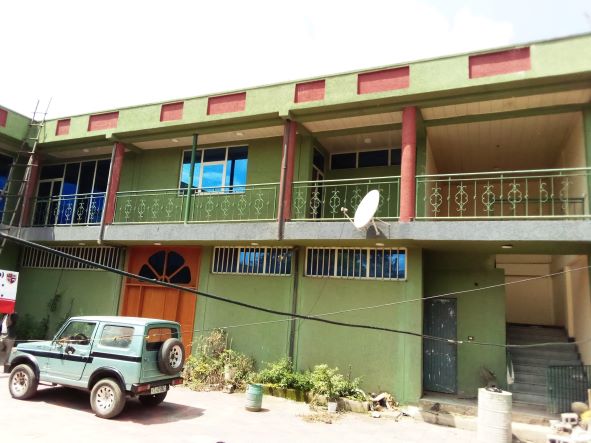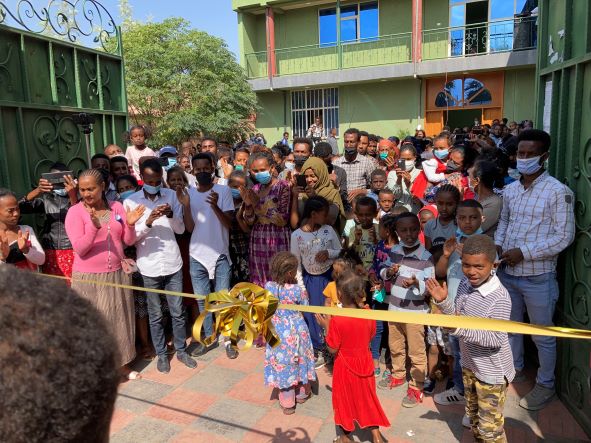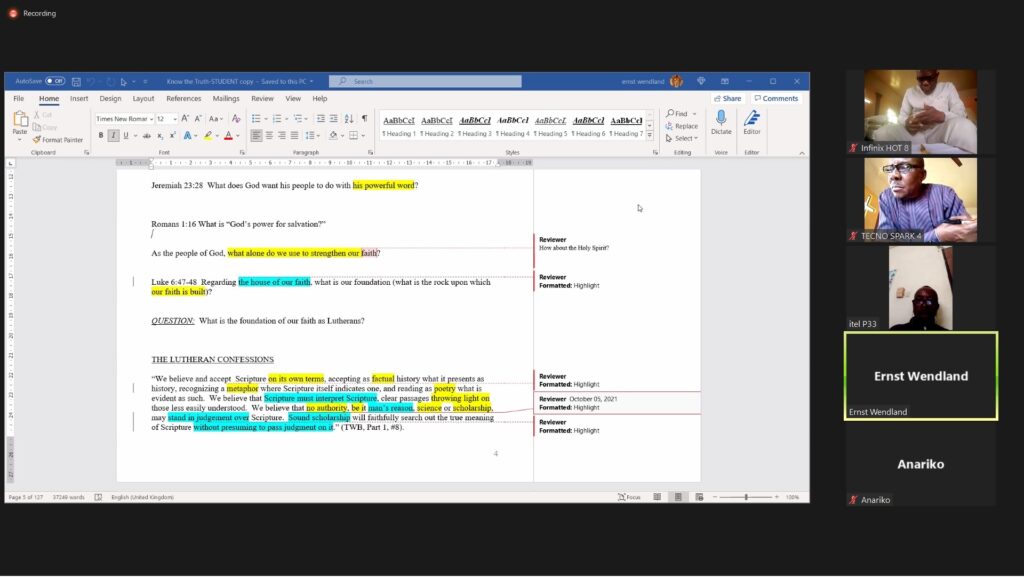Love to Tell the Story
“I love to tell the story…the old, old story of Jesus and his love” (CW 746)
Dr. Terry Schultz has twice the love to tell the story of Jesus and his love, and he’s done it on four continents. As the Artistic Development Missionary at WELS Multi-Language Productions, Terry puts pictures and poems into the service of the Gospel. He has helped create original music for worship and illustrated Bible instruction manuals for use in WELS World Mission fields. God has given him this tremendous talent, and we thank God for his gifts to our church body.
Experiencing Worship in Africa
Our mission partner in Zambia, the Lutheran Church of Central Africa (LCCA), requested Dr. Schultz’s assistance in facilitating the development of new music resources in 2018. Because of Terry’s busy schedule and COVID19 travel restrictions, he has been unable to meet their request until recently. In March of 2022, the One Africa Team helped arrange an initial visit by Terry to Lusaka. The purpose of his visit was to introduce himself to local church leaders and to sample the flavor of the worship in the LCCA.
Missionary Terry attended Sunday worship services at Lusaka area congregations. Linda Gethsemane is a rural congregation where the members worship in Chinyanja. St. Matthew’s is a city church where the members worship primarily in English. At the installation of Pastor Soko, choirs from several Lusaka congregations joyfully swayed to the beat of their praises and Terry danced up the central aisle to receive communion. He also attended a three-hour service at Kamanga Lutheran, which conducts services in both English and Chinyanja.
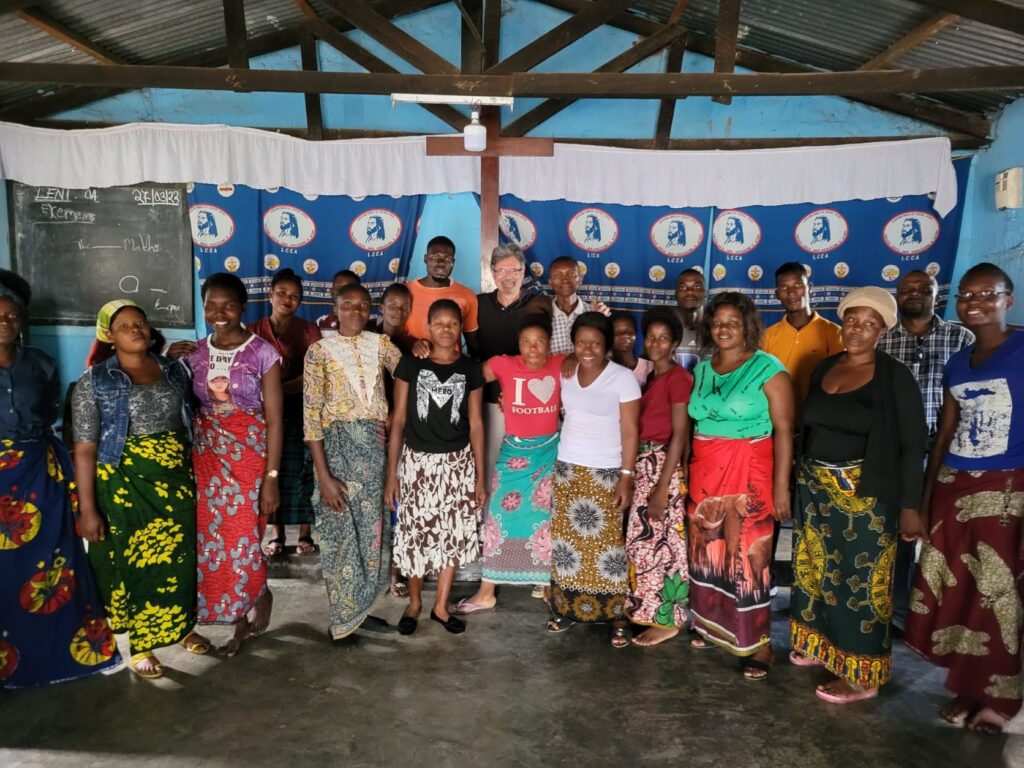
Terry also attended – or I should say, “participated in” – choir practice at two Lusaka congregations. From drumming to directing to dynamic keyboarding, Terry’s musical zeal raised everyone’s spirits. Several local choir masters have composed original songs, which their choirs perform in public but have never been scored or recorded.
Planning for the Future
Members of the LCCA’s Education and Publication Committees met with Terry to talk about ways in which Terry’s talents could be of service to their ministry. They identified the need for improving their Sunday School program. The current printed materials contain basic black and white sketches, which were reproduced on mimeograph machines by missionaries in the 1970s. In Lusaka today there are many printing presses that can produce color posters at a reasonable cost. In addition to Bible History illustrations, Terry has also been working on an illustrated version of Martin Luther’s Small Catechism. He presented his visual concepts of the First Article with Luther’s explanation, which captivates youth and adults’ interest.
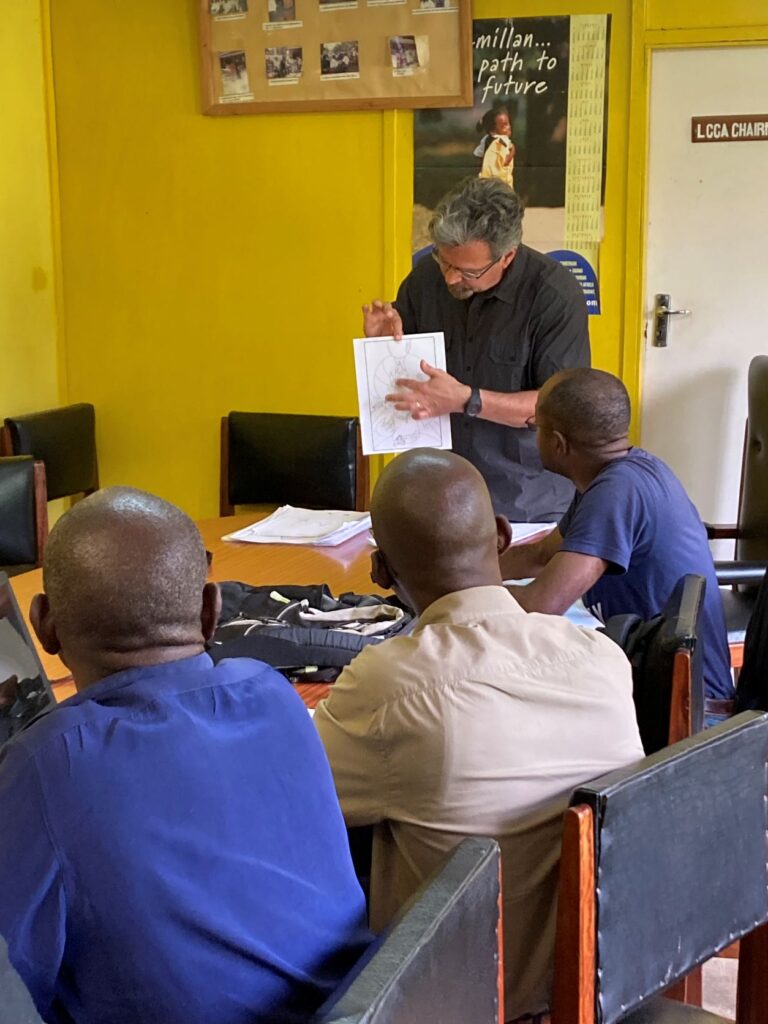
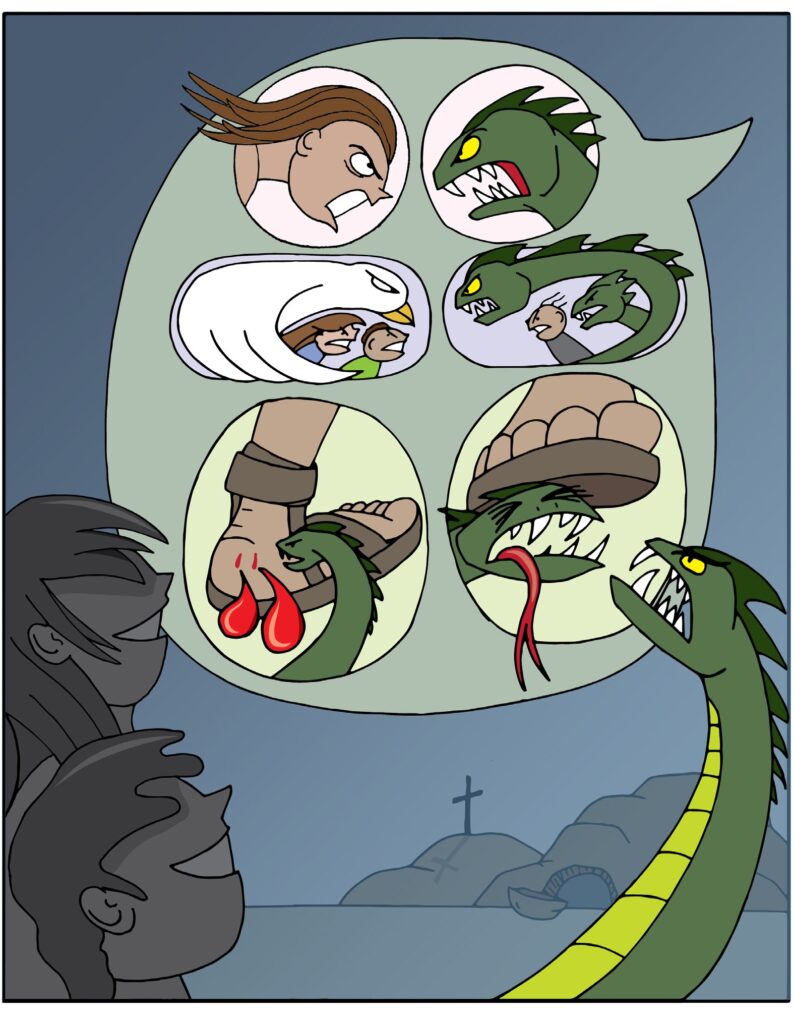
One Africa Team and the LCCA Zambia are currently evaluating a proposal from Terry on telling the old, old story of Jesus and his love in a new, contemporary medium. We ask for God’s blessings and anticipate Terry’s return to Africa in the near future. Stay tuned to hear how we love to tell the story of Jesus and his love in Zambia.
Missionary John Roebke lives in Malawi
Please pray for those working in fields that are ripe for harvest. Share their story, engage with future news and receive updates. Learn more about our mission fields in Africa and how the Holy Spirit is working faith in people’s hearts at https://wels.net/serving-others/missions/africa
